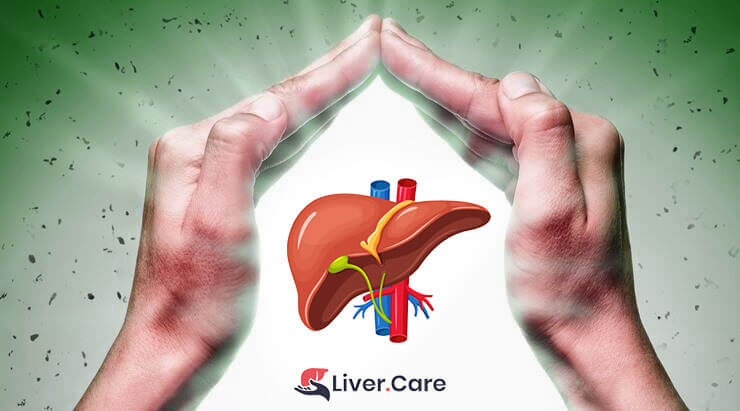All You Need To Know About Liver Health

Globally 325 million people live With hepatitis, around 1.1 million lives are lost each year due to hepatitis B and C. To eliminate hepatitis by 2030.
Every 30 seconds someone loses their life to hepatitis related illness
1. Maintain a healthy weight. If you’re obese or even somewhat overweight, you’re in danger of having a fatty liver that can lead to non-alcoholic fatty liver disease (NAFLD), one of the fastest growing forms of liver disease. Weight loss can play an important part in helping to reduce liver fat.
2. Eat a balanced diet. Avoid high calorie-meals, saturated fat, refined carbohydrates (such as white bread, white rice and regular pasta) and sugars.. For a well-adjusted diet, eat fiber, which you can obtain from fresh fruits, vegetables, whole grain breads, rice and cereals. Also eat meat (but limit the amount of red meat), dairy (low-fat milk and small amounts of cheese) and fats (the “good” fats that are monounsaturated and polyunsaturated such as vegetable oils, nuts, seeds, and fish). Hydration is essential, so drink a lot of water.
3. Exercise regularly. When you exercise consistently, it helps to burn triglycerides for fuel and can also reduce liver fat.
4. Avoid toxins. Toxins can injure liver cells. Limit direct contact with toxins from cleaning and aerosol products, insecticides, chemicals, and additives. Don’t smoke.
5. Use alcohol responsibly. Alcoholic beverages can create many health problems. They can damage or destroy liver cells and scar your liver.
6. Avoid the use of illicit drugs.
7. Avoid contaminated needles.
8. Get medical care if you’re exposed to blood. If for any reason you come into contact with someone else’s blood, immediately follow up with your doctor. If you’re very concerned, go to your nearest hospital’s emergency room.
9. Don’t share personal hygiene items.strong For example, razors, toothbrushes and nail clippers can carry microscopic levels of blood or other body fluids that may be contaminated.
10. Practice safe sex. Unprotected sex or sex with multiple partners increases your risk of hepatitis B and hepatitis C.
11. Wash your hands. Use soap and warm water immediately after using the bathroom, when you have changed a diaper, and before preparing or eating food.
12. Follow directions on all medications. Avoid over-the-counter medicines, supplements, and herbal remedies.
13. Get vaccinated. There are vaccines for hepatitis A and hepatitis B. Unfortunately, there’s no vaccine against the hepatitis C virus.